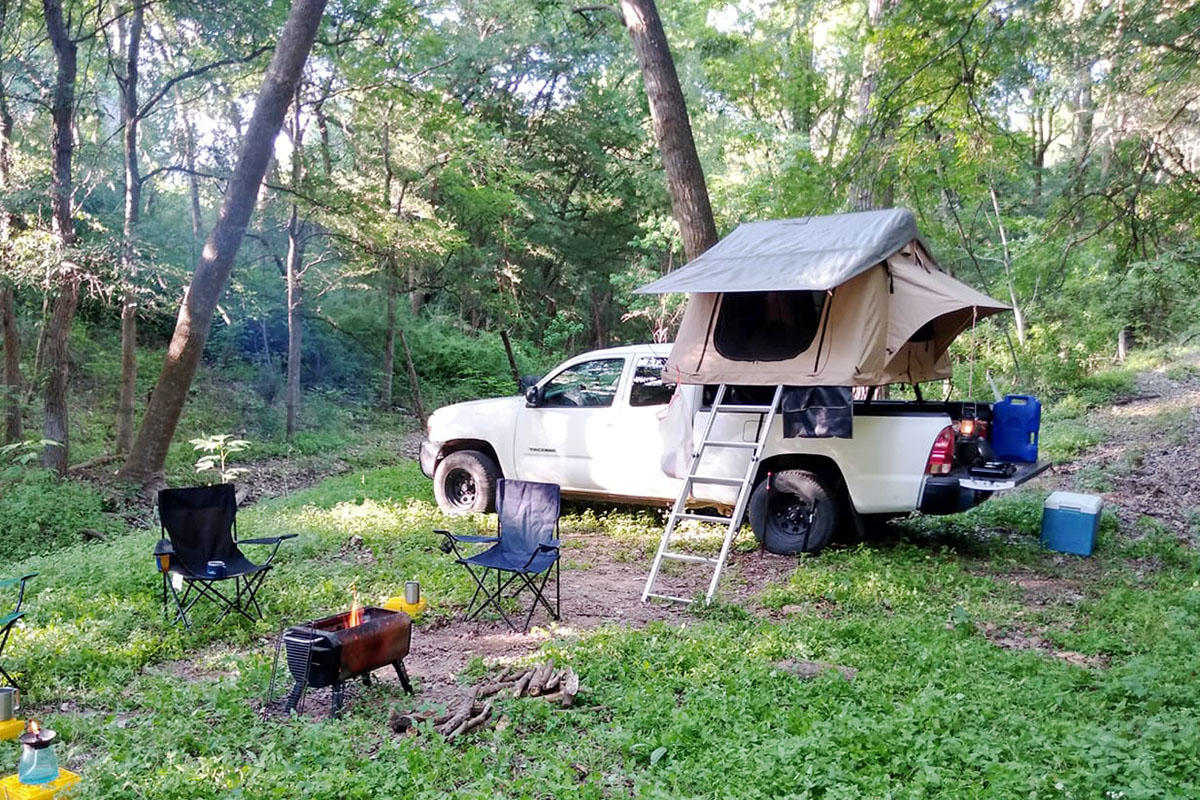Rooftop tents have become a popular choice for outdoor camping, catering to various travel needs. When choosing a rooftop tent, there are several key factors to consider, including weight capacity, safety, vehicle compatibility, and the specific features of the tent. Here are some important guidelines to help you make an informed choice.
1. Vehicle Compatibility
Not all vehicles are suitable for rooftop tents. Heavier rooftop tents are best suited for larger SUVs, trucks, and vans, which are designed to handle more weight. Compact cars and smaller sedans may have lower weight tolerances, so it's essential to verify the manufacturer's weight specifications before purchasing. Additionally, rooftop tents require proper roof racks with crossbars for secure mounting.

2. What Speed Can I Drive at with My Roof Tent?
After installing a rooftop tent, your speed is generally restricted, typically advised to be under 70 mph (about 112 km/h). In the UK, the speed limit for dual carriageways and motorways is 70 mph, so it’s best to adhere to this limit. While many drivers may wish to exceed this speed, it’s advisable to stay within the limits after installing a rooftop tent for safety.
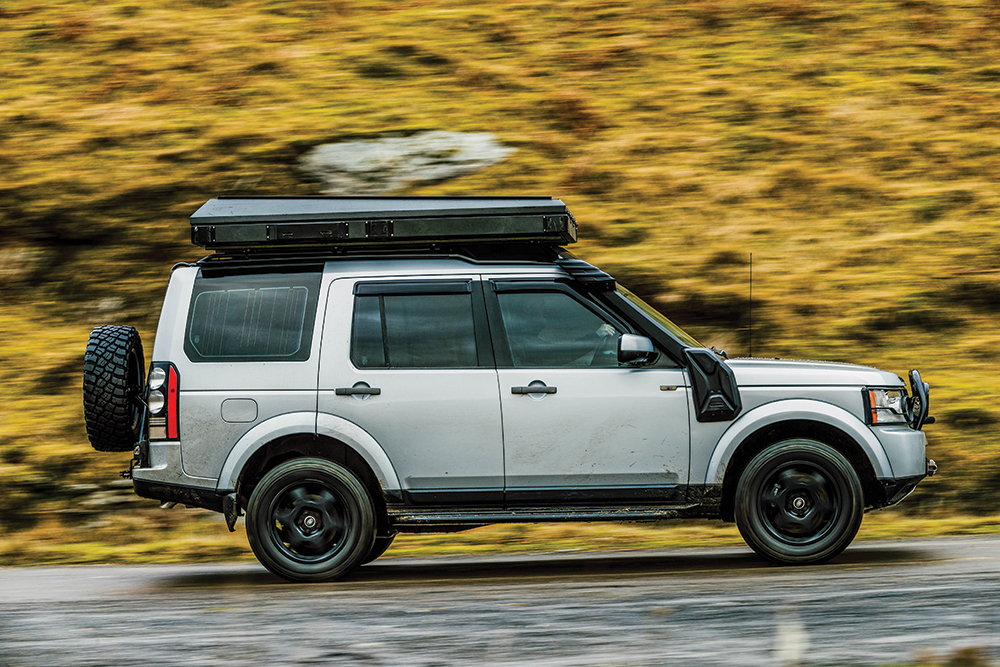
3. Choosing the Right Roof Support Bars
When selecting support bars, the weight capacity of a roof platform is generally higher than that of roof bars. This is because roof platforms cover a larger surface area, allowing for more even weight distribution and reducing stress on the roof's support points. In contrast, roof bars have a smaller load-bearing area, typically limited to two or three support points, which constrains the total weight they can carry.
The benefits of choosing a roof platform include:
3.1. Weight Distribution: Roof platforms cover the entire width and length of the roof, distributing weight evenly across multiple attachment points, thereby enhancing load capacity.
3.2. Design and Materials: Roof platforms are typically made from sturdier materials like aluminum or steel, and designed for larger items and equipment, such as rooftop tents.
3.3. Static vs. Dynamic Weight Capacity: The static weight capacity of a roof platform is usually much higher than that of roof bars, making it better suited for heavier tents. However, both platforms and bars must meet the vehicle's dynamic weight limits to ensure safe driving.
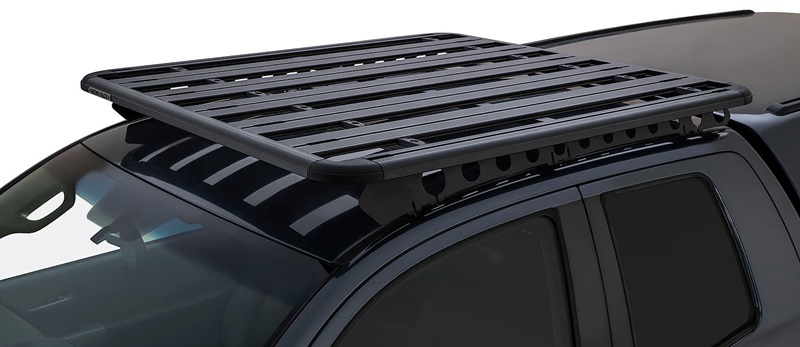
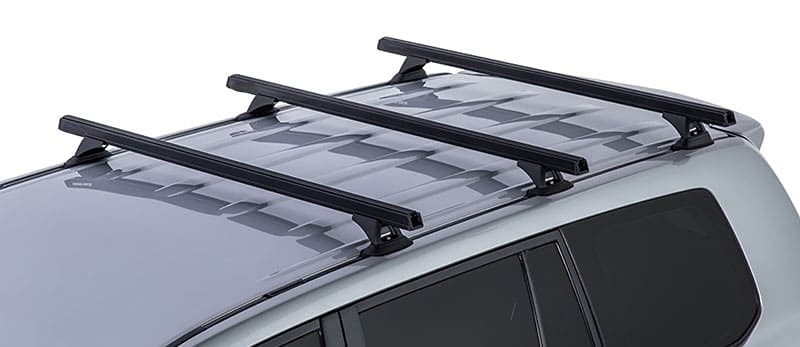
4. Different Features of Different Roof Tents
Rooftop tents have been around for many years, but we aimed to make them more advanced to better suit a variety of vehicles.
4.1. Soft Shell Tent: This is the lightest rooftop tent on the market, making it a perfect option for those with smaller vehicles or those concerned about the weight affecting their driving.
4.2. Hard Shell Tent: Hard shell tents are popular for their durability and excellent protective capabilities. However, the shells are typically made of either ABS or aluminum, each offering different protective, durability, and weight features to meet various needs.
· ABS Plastic: ABS plastic hard shell tents are lighter and impact-resistant, making them ideal for general camping needs. ABS shells are friendly for smaller vehicles and weight-sensitive models, with excellent wind and rain resistance for moderate weather. However, they are less durable in extreme climates, making ABS hard shell tents better suited for milder outdoor conditions.
· Aluminum: Aluminum hard shell tents offer higher wind resistance and durability, especially ideal for off-road camping and extreme weather. Aluminum performs well in humid or windy conditions, with corrosion resistance making it a top choice for extended camping or harsh outdoor environments. Aluminum shells are heavier, suiting larger vehicles better, and they tend to be more expensive than ABS.
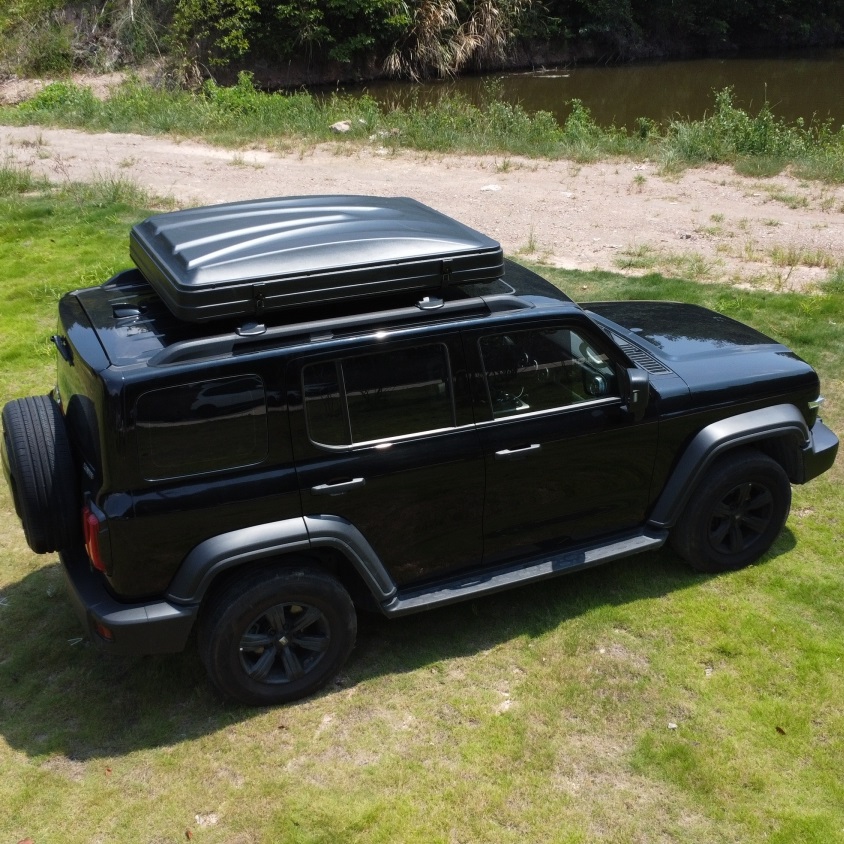
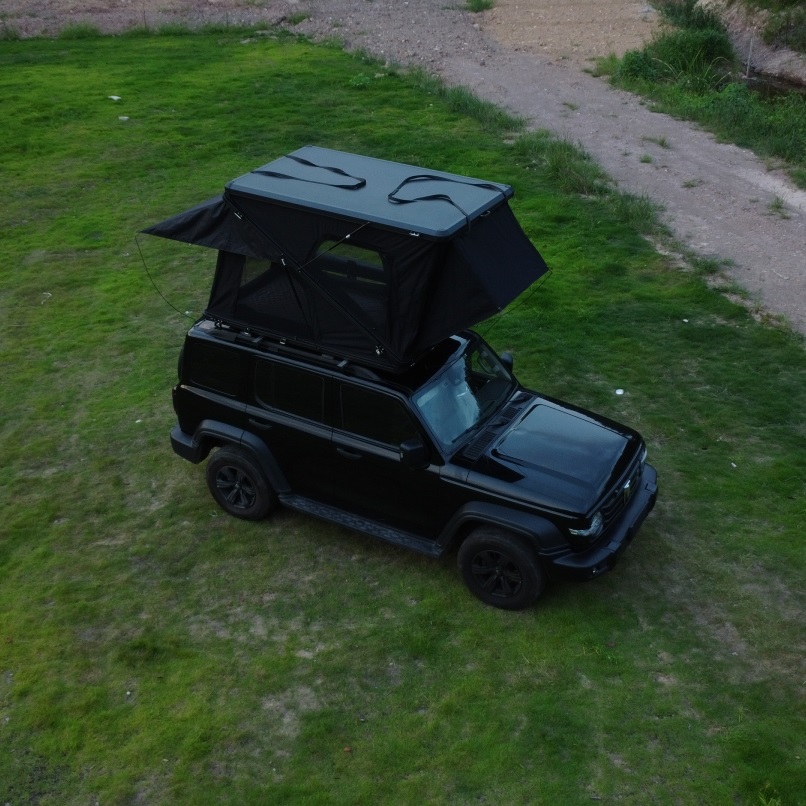
5. Rooftop Weight Capacity
The weight capacity of a rooftop tent depends on your vehicle's roof load limit, which mainly consists of dynamic and static weight capacities. Dynamic weight capacity refers to the weight that the roof can handle while driving, typically ranging from 75 to 220 pounds (about 34 to 100 kg), depending on the type of vehicle. Static weight capacity is usually much higher, exceeding 600 pounds (about 272 kg), as the weight is evenly distributed when parked.
Before installing a rooftop tent, ensure that your vehicle's roof can handle the weight of the tent and any occupants when parked. Exceeding these limits can risk structural damage to the car roof.
Rooftop tents are generally sturdy and can hold a maximum weight of 300 kg! Our hard shell tent can accommodate up to two people and a pet, with plenty of room left for your gear, so weight capacity shouldn’t be an issue for most users.
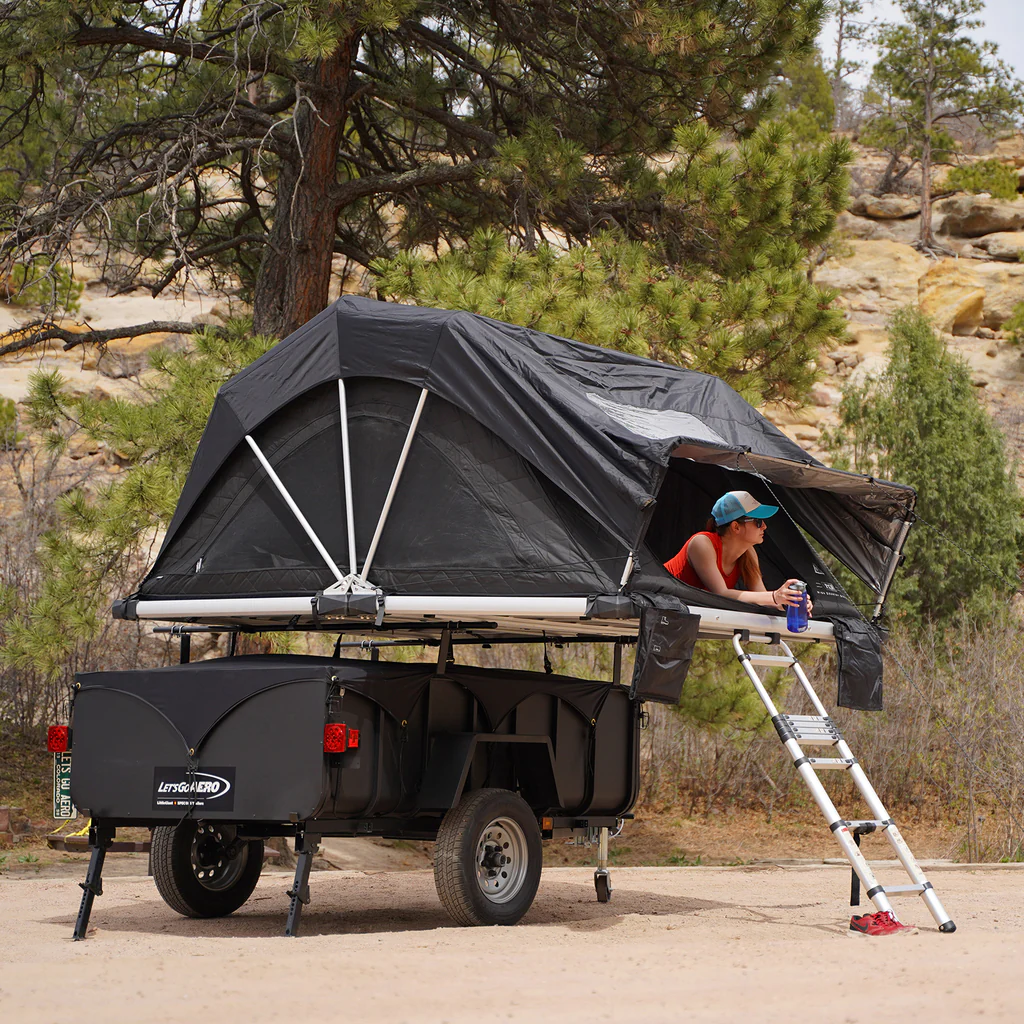
6. Terrain Considerations
When driving over muddy, uneven roads or off-road conditions, the vehicle’s stability and the load-bearing capacity of the support bars are especially critical. In such terrains, increased body movement puts more dynamic stress on the roof structure. Therefore, off-road driving requires high-capacity roof supports to ensure the tent and vehicle roof remain safe and stable.
Recommendation: Choose off-road certified supports and crossbars, especially those designed with enhanced dynamic weight capacity. This will better handle various challenging terrains and ensure stability during the journey.
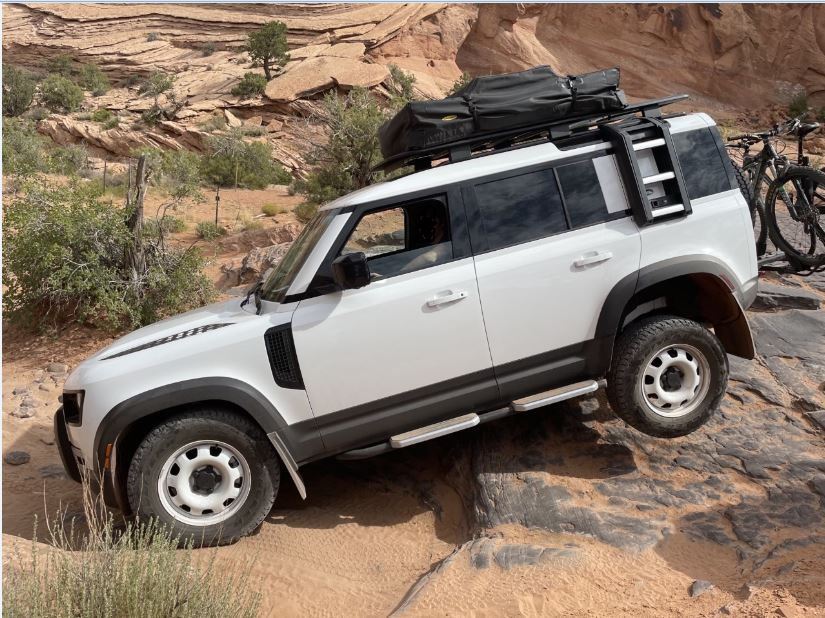
At last, we provide rooftop tents for many different vehicles. If you’re unsure whether a roof tent will work with your vehicle, feel free to ask, and we’ll do our best to help!
Choosing the right rooftop tent can open up a whole new world of outdoor living for you. We hope this information helps you make an informed decision during your purchase process.
Post time: Nov-01-2024
